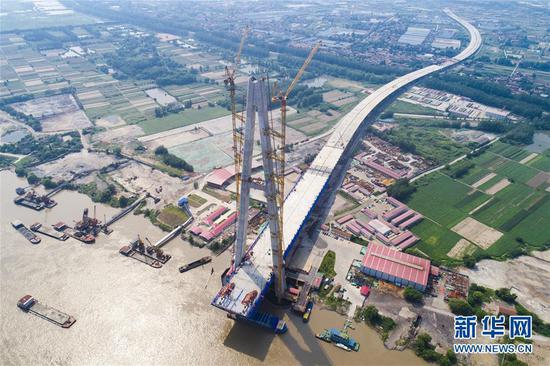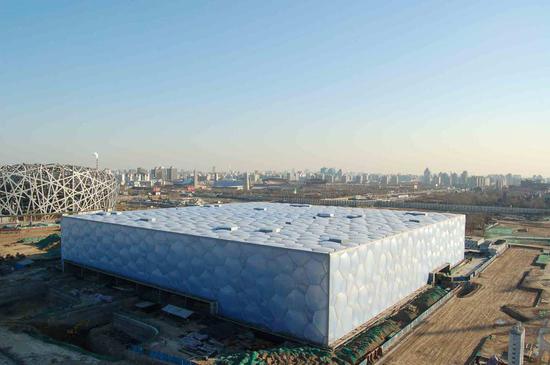A fifth of U.S. companies are reassessing or postponing existing investment plans due to tariff concerns, according to a study by the Federal Reserve Bank of Atlanta.
The Survey of Business Uncertainty shows that companies engaged in commodity production are more concerned about the negative impact of tariff increases than service providers, with 25 percent of commodity producers and 28 percent of retail, wholesale and logistics companies reassessing their investment plans.
About two-thirds percent of the companies are reassessing the 2018-2019 investment plans, 31 percent decided to postpone investment, and 9 percent chose to abandon their previous plans.
The bank believes that the U.S. government's tariff on imported goods will increase the cost of imported raw materials for U.S. companies, and the countermeasures of trading partners will accordingly reduce the export of U.S. products. Therefore, the uncertainty of trade policy forces many American companies to postpone investment and sit on the sidelines.
It also points out that the current negative impact of trade friction on U.S. corporate investment is mainly concentrated in manufacturing, which is highly capital-intensive. Given the possible escalation of trade tensions, the negative impact of tariff concerns on investment may continue to expand, the study said.


















































